1. Beef's dietary profile

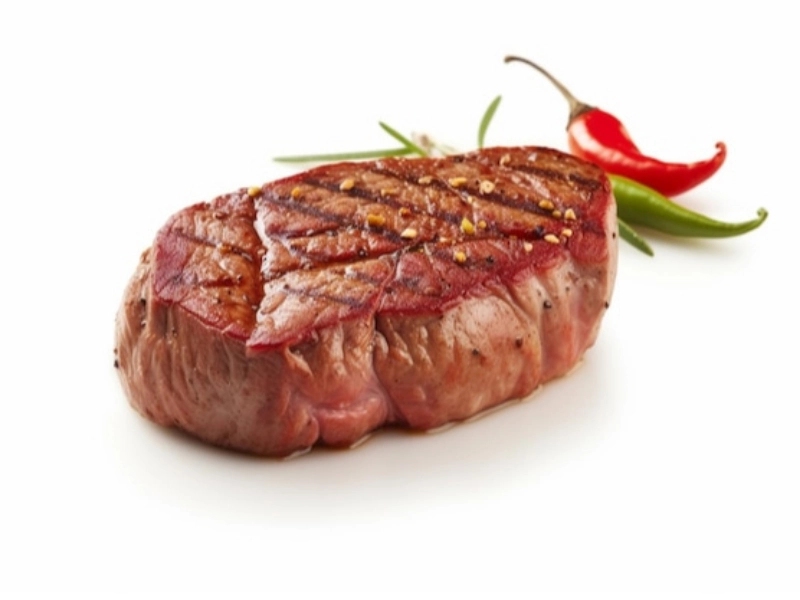 Throughout childhood, protein is absolutely essential for development and growth. Building and mending muscles, organs, and tissues, especially the immune system, depends on it. One of the best sources of excellent proteins, beef has all the amino acids needed for the best development. Childhood's appropriate protein consumption aids not only physical development but also cognitive development, as proteins are so important for neurotransmitter activity and brain health.
3. Iron's Vitality for Growth
Throughout childhood, protein is absolutely essential for development and growth. Building and mending muscles, organs, and tissues, especially the immune system, depends on it. One of the best sources of excellent proteins, beef has all the amino acids needed for the best development. Childhood's appropriate protein consumption aids not only physical development but also cognitive development, as proteins are so important for neurotransmitter activity and brain health.
3. Iron's Vitality for Growth
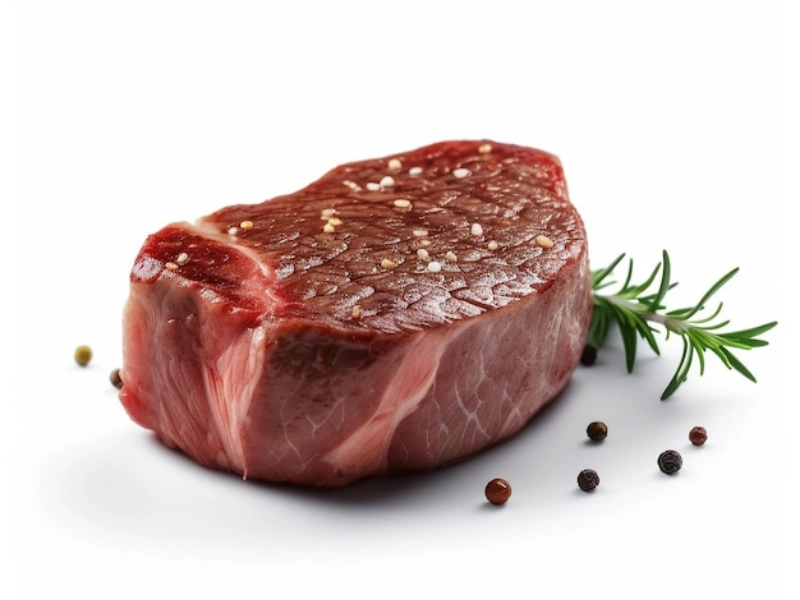 Children need iron since it helps hemoglobin, the protein in charge of moving oxygen in the blood, to be produced. Among the richest sources of heme iron—more readily absorbed by the body than non-heme iron found in plant sources—beef is Preventing iron deficiency anemia—which can cause tiredness, developmental delays, and poor cognitive ability—is dependent on enough iron consumption. Including beef in a child's diet helps ensure they get enough iron for their developing demands.
4. Zinc for Immunological Action
Children need iron since it helps hemoglobin, the protein in charge of moving oxygen in the blood, to be produced. Among the richest sources of heme iron—more readily absorbed by the body than non-heme iron found in plant sources—beef is Preventing iron deficiency anemia—which can cause tiredness, developmental delays, and poor cognitive ability—is dependent on enough iron consumption. Including beef in a child's diet helps ensure they get enough iron for their developing demands.
4. Zinc for Immunological Action
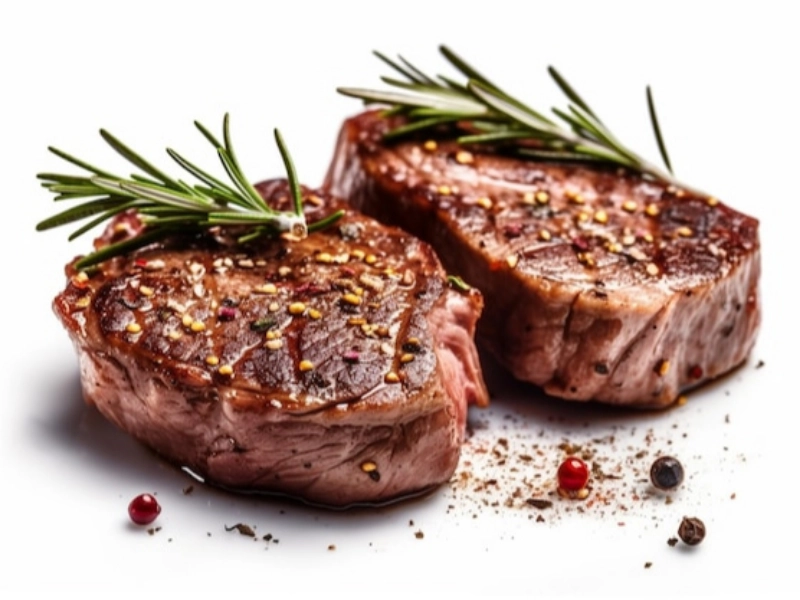 Another vital element contained in beef that boosts children's immune systems and general growth is zinc. It is absolutely important for cell division, development, and immune system operation. Zinc shortages can cause delayed healing of wounds and heightened vulnerability to infections. Children can gain from the zinc in beef by including it in their diet, therefore strengthening their immune response and encouraging good development.
5. Vitamins and Energy Creation
Another vital element contained in beef that boosts children's immune systems and general growth is zinc. It is absolutely important for cell division, development, and immune system operation. Zinc shortages can cause delayed healing of wounds and heightened vulnerability to infections. Children can gain from the zinc in beef by including it in their diet, therefore strengthening their immune response and encouraging good development.
5. Vitamins and Energy Creation
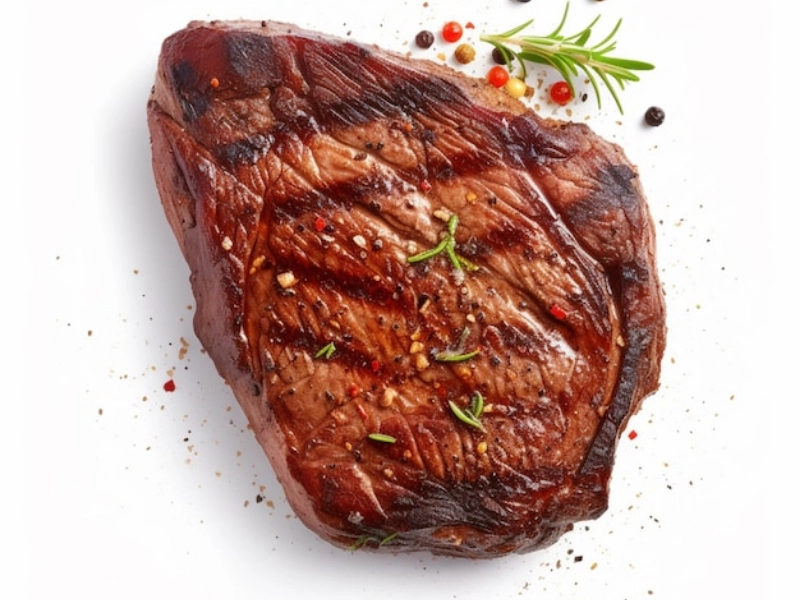 Rich in beef, B vitamins—especially B12—are vital for brain function and energy metabolism. These vitamins support the great energy needs of growing youngsters by helping food be turned into fuel. Particularly B12 is essential for the brain system to develop and red blood cells to form. A lack of B vitamins can cause a child's everyday activities and learning to be significantly impacted by tiredness, impatience, and concentration trouble.
6. Encouraging Good Weight Control
Rich in beef, B vitamins—especially B12—are vital for brain function and energy metabolism. These vitamins support the great energy needs of growing youngsters by helping food be turned into fuel. Particularly B12 is essential for the brain system to develop and red blood cells to form. A lack of B vitamins can cause a child's everyday activities and learning to be significantly impacted by tiredness, impatience, and concentration trouble.
6. Encouraging Good Weight Control
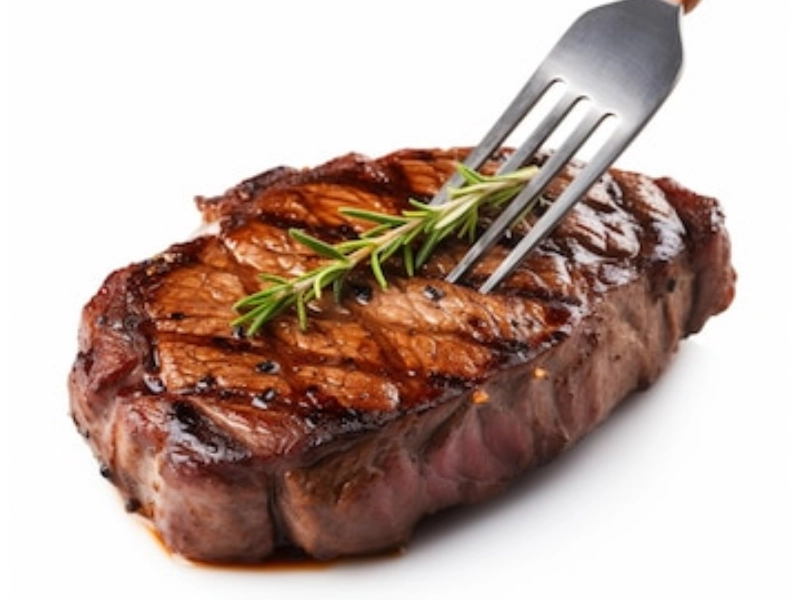 Apart from its nutritious value, beef can help youngsters maintain a good weight. Lean cuts of beef offer premium protein when eaten in line with a balanced diet that might help kids feel full and content. This lowers the possibility of overindulging in food or picking bad snacks. Avoiding obesity and related health problems later in life depends on keeping a good weight during childhood.
7. Beef's Culinary Adaptability
Apart from its nutritious value, beef can help youngsters maintain a good weight. Lean cuts of beef offer premium protein when eaten in line with a balanced diet that might help kids feel full and content. This lowers the possibility of overindulging in food or picking bad snacks. Avoiding obesity and related health problems later in life depends on keeping a good weight during childhood.
7. Beef's Culinary Adaptability
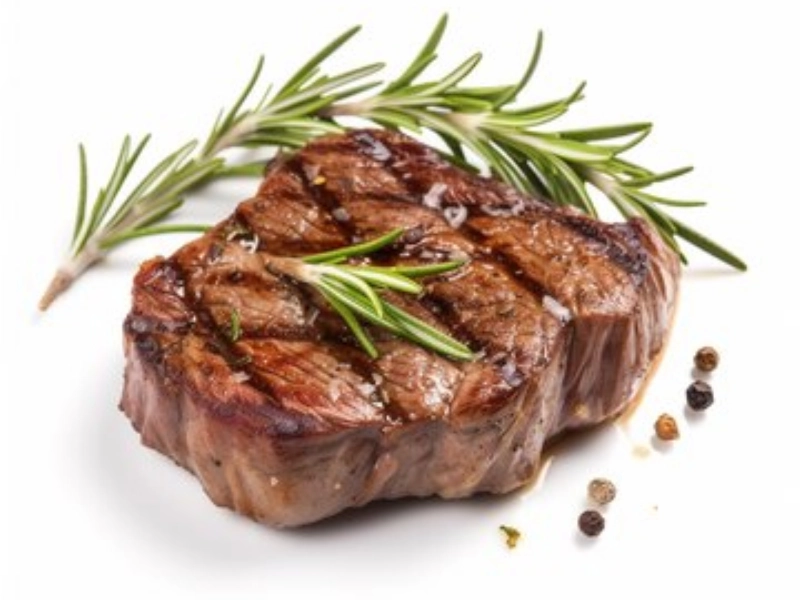 One benefit of beef is its adaptability for cuisine. Grilled, roasted, stir-fried, or stewed, it may be easily included in many dishes. This flexibility lets parents introduce beef in enticing ways, such as tacos, meatballs, or burgers, so inspiring kids to appreciate its taste and nutritional value. Parents may guarantee their children get the necessary nutrients for development and growth by using beef often in family dinners.
8. Overview of Beef's Function in Early Development
One benefit of beef is its adaptability for cuisine. Grilled, roasted, stir-fried, or stewed, it may be easily included in many dishes. This flexibility lets parents introduce beef in enticing ways, such as tacos, meatballs, or burgers, so inspiring kids to appreciate its taste and nutritional value. Parents may guarantee their children get the necessary nutrients for development and growth by using beef often in family dinners.
8. Overview of Beef's Function in Early Development
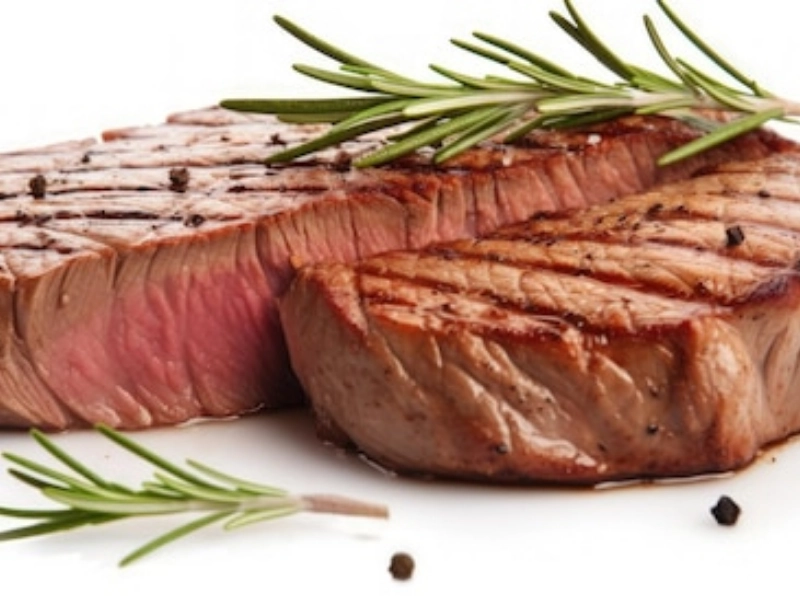 All things considered, beef is a vital food for growing and developing children since it offers B vitamins, iron, zinc, and protein, among other nutrients. From immunological support to physical development to cognitive ability, these nutrients support many facets of health. Parents can help to guarantee their children get the nutrients required for good growth by including beef in a balanced diet. Emphasizing the value of beef in meals helps one to have a balanced diet supporting lifetime health and well-being.
All things considered, beef is a vital food for growing and developing children since it offers B vitamins, iron, zinc, and protein, among other nutrients. From immunological support to physical development to cognitive ability, these nutrients support many facets of health. Parents can help to guarantee their children get the nutrients required for good growth by including beef in a balanced diet. Emphasizing the value of beef in meals helps one to have a balanced diet supporting lifetime health and well-being.